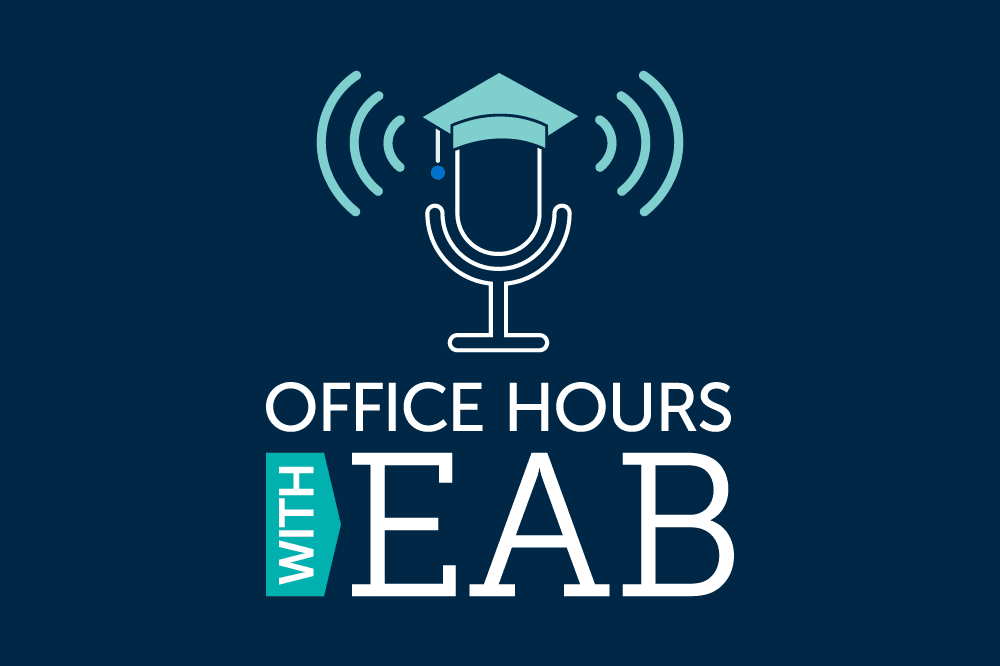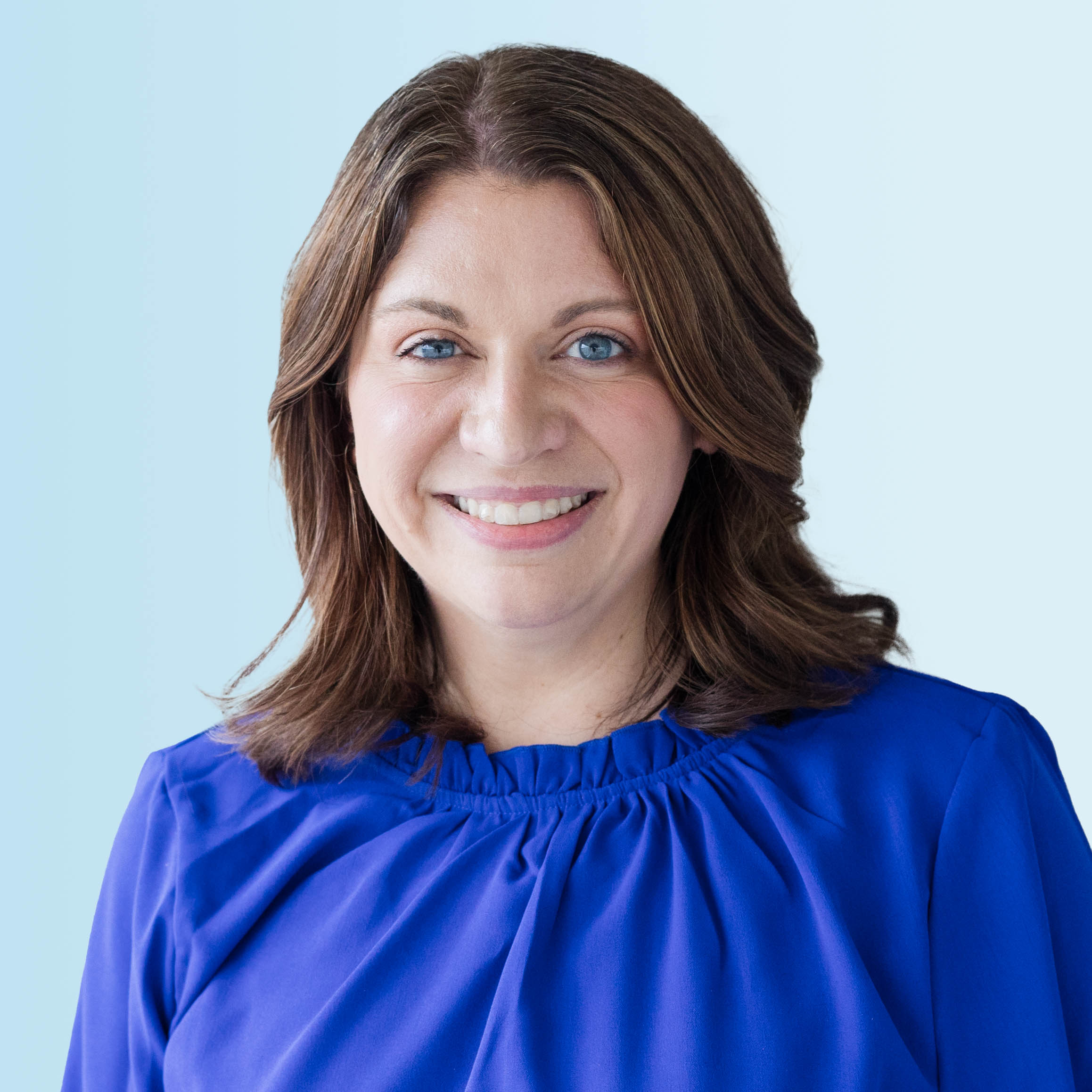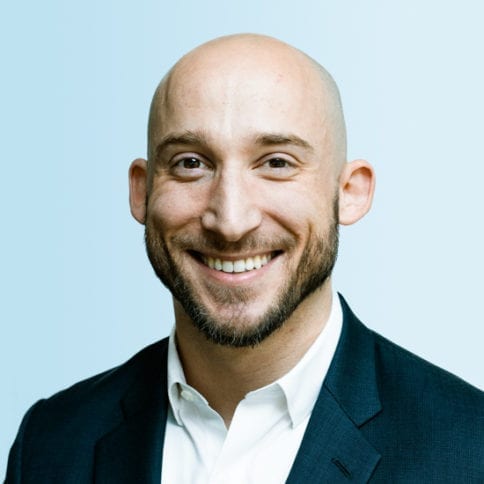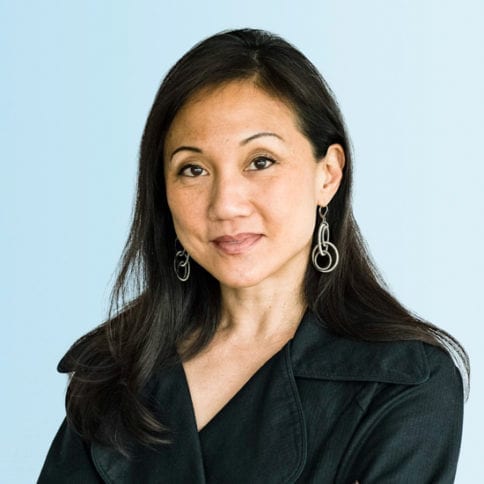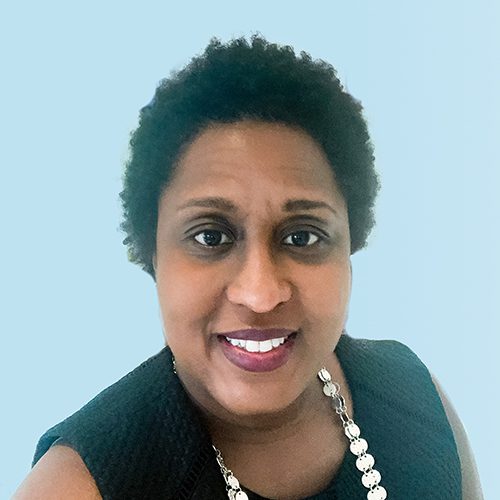Higher Ed Podcast | Office Hours with EAB
A podcast where higher education leaders, experts, and trailblazers share valuable insights and ideas that address virtually every facet of university operations.
Listen to Our Latest Episodes
See All Podcasts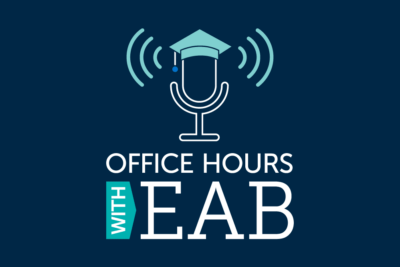
Podcast
The Graduate Enrollment Playbook Has Changed
Experts discuss how political and technological developments are forcing graduate enrollment leaders to shift lead-generation tactics.

Podcast
How To Support Staff Who Keep Students Enrolled
Experts discuss what it takes to recruit, support, and motivate the student success professionals who keep your students…

Podcast
Debt-Free Degrees? Early Results from the UCA Commitment
University of Central Arkansas President Houston Davis returns to the podcast to share results and lessons learned from…

Podcast
Inside The Adult Learner Mindset
In this episode, EAB’s Val Fox and Todd Heilman explore how adult learners research, evaluate, and choose whether…

Podcast
How to Support Military Students Beyond Admissions
Experts discuss better ways for colleges to support military veterans and active-duty learners beyond the admissions stage.

Podcast
How the U. of MT is Engaging and Supporting Stop-Outs
The University of Montana’s Brian Reed shares how his team is helping stopped-out students regain momentum and boost…
Office Hours Featured Experts
Learn more about the voices behind our podcast.
Follow the podcast on Spotify, Google Podcasts, Apple Podcasts, SoundCloud, and Stitcher
Join the conversation on social media with #EABOfficeHours!
Want to learn more about EAB’s solutions?
To request a demo or speak with an expert, please submit this form.
Great to see you today! What can I do for you?
